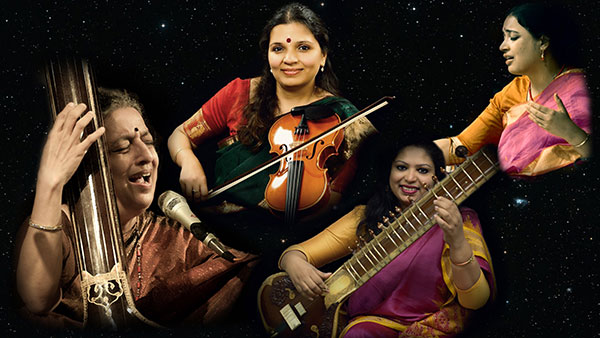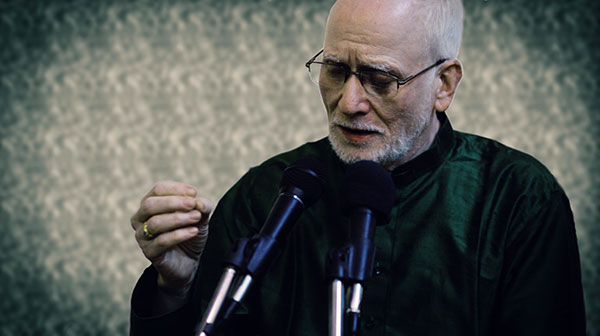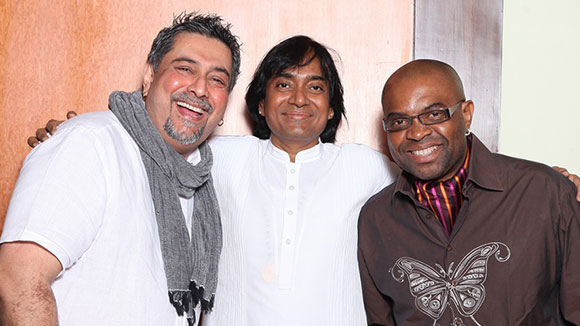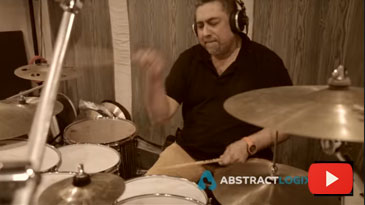We begin a series of concerts called The Secret Masters Sessions, featuring a single musician. Every quarter we will present a master Hindustani or Carnatic musician whose artistry, originality and virtuosity stand out in Indian classical music today.
We begin the series with Pt. Arun Kashalkar, whom connoisseurs consider to be one of India’s most spectacular khayal singers. In tremendous command over his form at the age of 73, he is rare among Hindustani vocalists for his highly original and rich gayaki, or style and structure of khayal presentation. Drawing from the three leading gharanas, Agra, Gwalior and Jaipur, he has evolved a grand gayaki of astonishing variety.
His gayaki incorporates the best elements of the Agra gharana, such as the rhythmic nom-tom aalap, jod and jhala; intricate bol-baant; double, triple and other multiple-note taans; as well as its treasure trove of compositions. At the same time, it also draws on the Jaipur gharana’s strengths, such as its aesthetic and off-beat taan patterns, and its precise and complex note-beat combinations in filling avartans, and the Gwalior gharana’s melodic swings, its gamaks and its sapaat or straight taans.
Uniquely, his performances include the elaborate singing of sargams, or note patterns - a form underdeveloped in Hindustani music but that he has taken to great heights by combining beautiful melodic designs with unmatched laykari. Pandit Kashalkar has a command over an astonishing range of raags, including rare and complex ones from all three gharanas.
His rare artistry comes from two decades of rigorous training in the guru-shishya parampara with two of the 20th century’s greatest gurus, combined with rigorous riyaaz, introspection and the application of a superlative mind. From the age of 23, Pt. Kashalkar learnt for nearly a decade from the late Gajananbuwa Joshi, who trained with masters of the Agra, Gwalior and Jaipur gharanas. For another decade, he took taleem from Babanrao Haldankar, 86, who in turn learnt from greats of the Agra and Jaipur gharanas. Kashalkar also learnt for brief periods from Rajabhau Kogje and Ram Marathe.
He is a prolific composer, using the pen-name ‘Rasadas’. His roughly 150 compositions in the book Swar Archana have been widely admired for their exquisite tunes, and can be heard on concert stages being performed both by his students and other performers. He is a beloved teacher of dozens of students in India and abroad, several of whom are now musicians in their own right.
He is a scholar of great erudition, with two serious works of research, one on Vilayat Hussain Khan’s compositions and the other on imparting gharana-based Hindustani music education. He has regularly held workshops in several Indian cities, as well as in Singapore and Malaysia. He is also involved in promoting music through two organisations that conduct a range of activities, including holding concerts of leading musicians.




